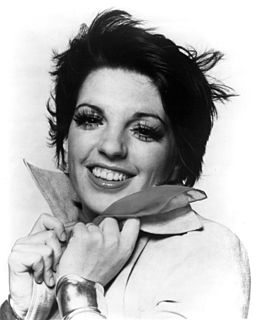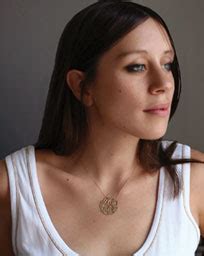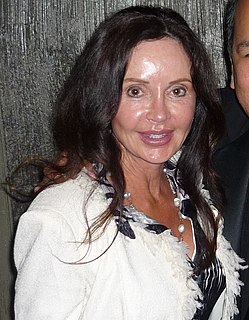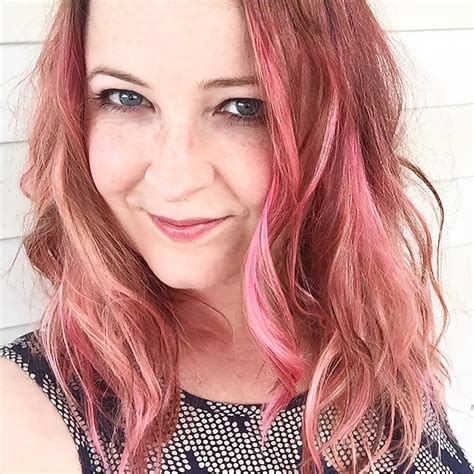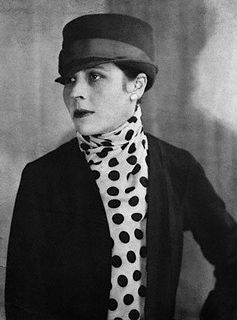A Quote by Mitch Albom
She had been so consumed with escaping her own misery, she hadn't considered the misery she might inflict.
Related Quotes
She (Judy Garland) was a friend of mine, a trying friend, but a friend. That is what I tell myself: She did everything she ever wanted to do. She never really denied herself anything for me. See, I say, she had a wonderful life; she did what she wanted to do. And I have no right to change her fulfillment into my misery. I'm on my own broom now.
The doctor's wife wasn't a bad woman. She was sufficiently convinced of her own importance to believe that God actually did watch everything she did and listen to everything she said, and she was too taken up with rooting out the pride she was prone to feeling in her own holiness to notice any other failings she might have had. She was a do-gooder, which means that all the ill she did, she did without realizing it.
In this moment she felt that she had been robbed of an enormous number of valuable things, whether material or intangible: things lost or broken by her own fault, things she had forgotten and left in houses when she moved: books borrowed from her and not returned, journeys she had planned and had not made, words she had waited to hear spoken to her and had not heard, and the words she meant to answer with. . . .
From an early age she had developed the art of being alone and generally preferred her own company to anyone else’s. She read books at enormous speed and judged them entirely on her ability to remove her from her material surroundings. In almost all the unhappiest days of her life she had been able to escape from her own inner world by living temporarily in someone else’s, and on the two or three occasions that she had been too upset to concentrate she had been desolate.
Sarah Brown is a sweetie to work with. She's a good actress. She's gutsy and she comes in and she knows her lines. She's just terrific. Sometimes I forget how young she is, because she truly walked right in and took the territory and was able to hold her own with people who've been here for so many years. To be able to pull that off [for someone who had never been on a show], I really give the woman a lot of credit. She's done great.
The pain was as unexpected as a thunderclap in a clear sky. Eddis's chest tightened, as something closed around her heart. A deep breath might have calmed her, but she couldn't draw one. She wondered if she was ill, and she even thought briefly that she might have been poisoned. She felt Attolia reach out and take her hand. To the court it was unexceptional, hardly noticed, but to Eddis it was an anchor, and she held on to it as if to a lifeline. Sounis was looking at her with concern. Her responding smile was artificial.
At that moment a very good thing was happening to her. Four good things had happened to her, in fact, since she came to Misselthwaite Manor. She had felt as if she had understood a robin and that he had understood her; she had run in the wind until her blood had grown warm; she had been healthily hungry for the first time in her life; and she had found out what it was to be sorry for someone.
She had always been a reader… but now she was obsessed. Since her discovery of the book hoard downstairs from her job, she’d been caught up in one such collection of people and their doings after the next…The pleasure of this sort of life – bookish, she supposed it might be called, a reading life – had made her isolation into a rich and even subversive thing. She inhabited one consoling or horrifying persona after another…That she was childless and husbandless and poor meant less once she picked up a book. Her mistakes disappeared into it. She lived with an invented force.
“God,” she cried, “what is love? Man seeking his own head? The human head, so rented by misery that even the teeth weigh! She couldn't tell me the truth because she had never planned it; her life was a continual accident, and how can you be prepared for that? Everything we can't bear in this world, some day we find in one person, and love it all at once.”

